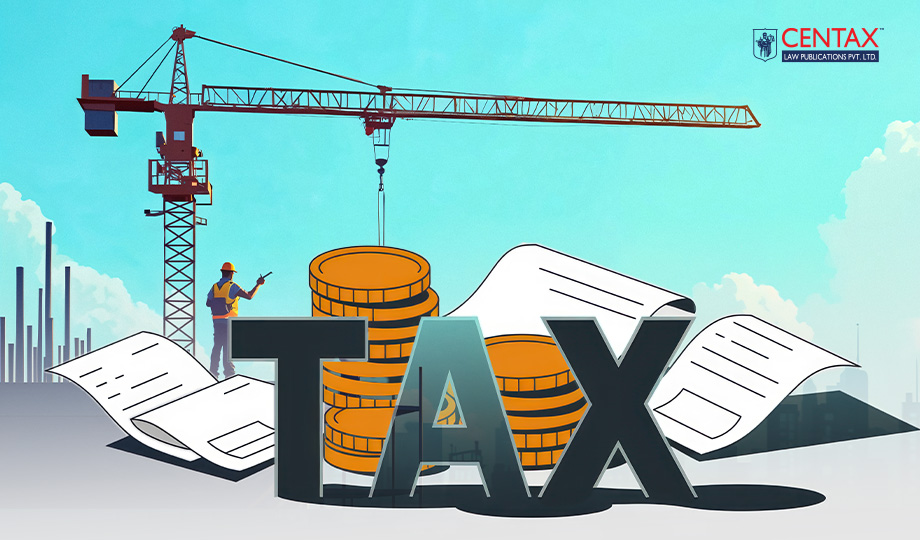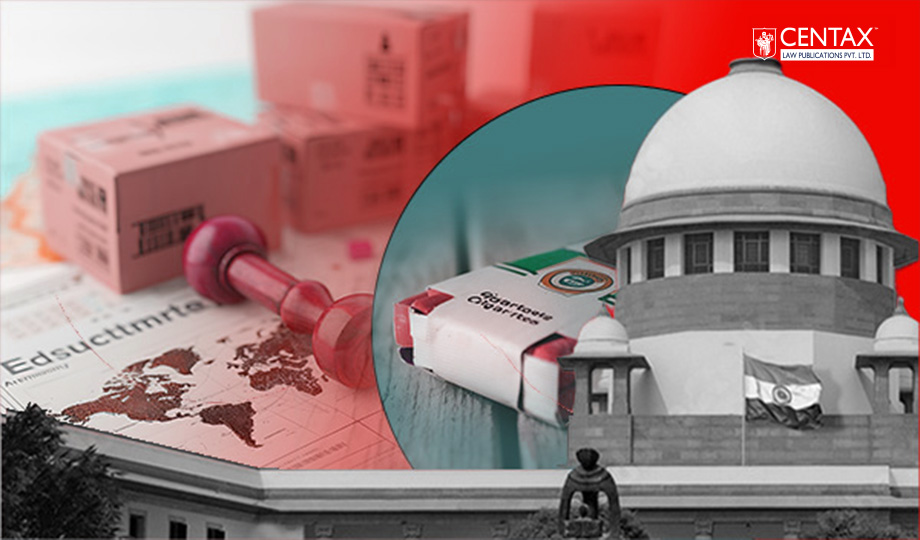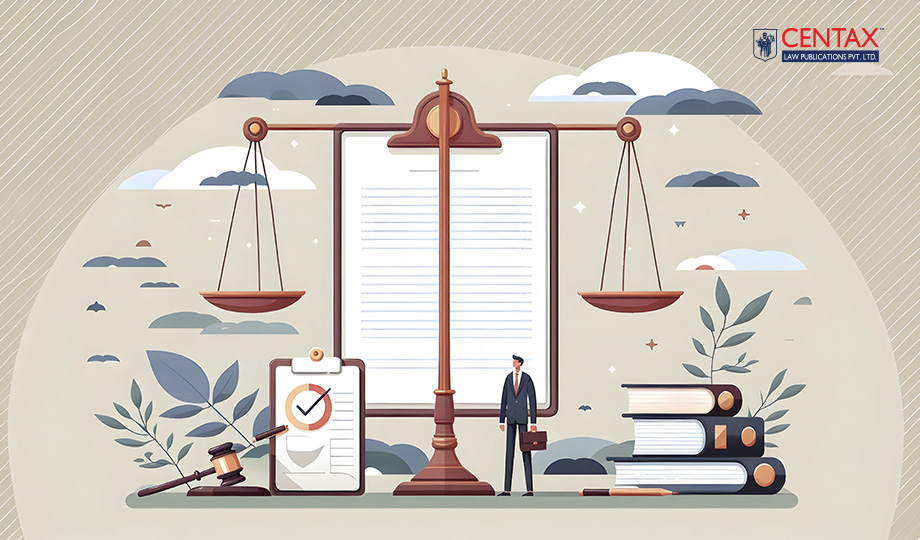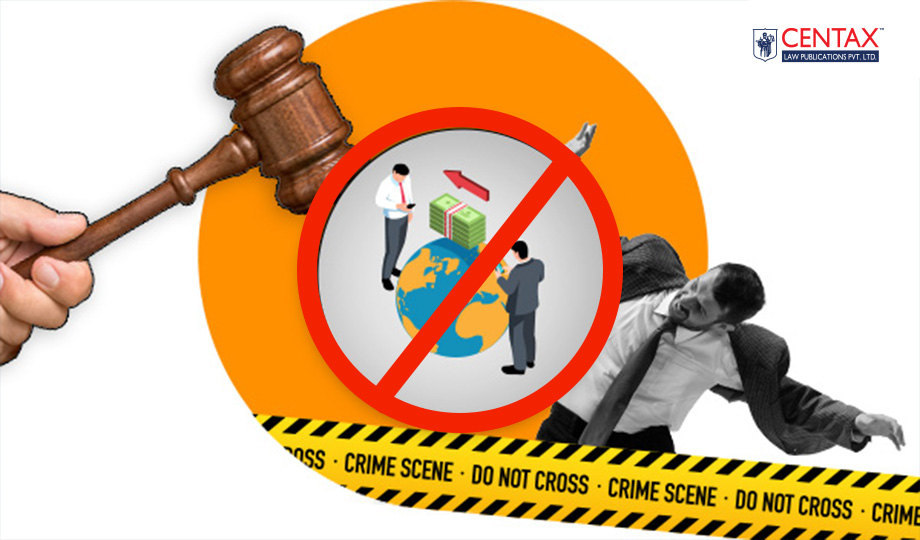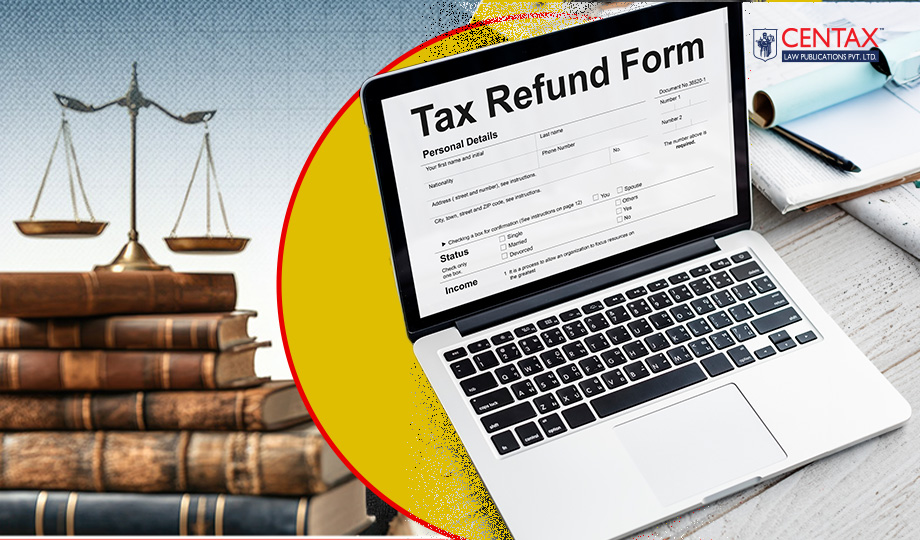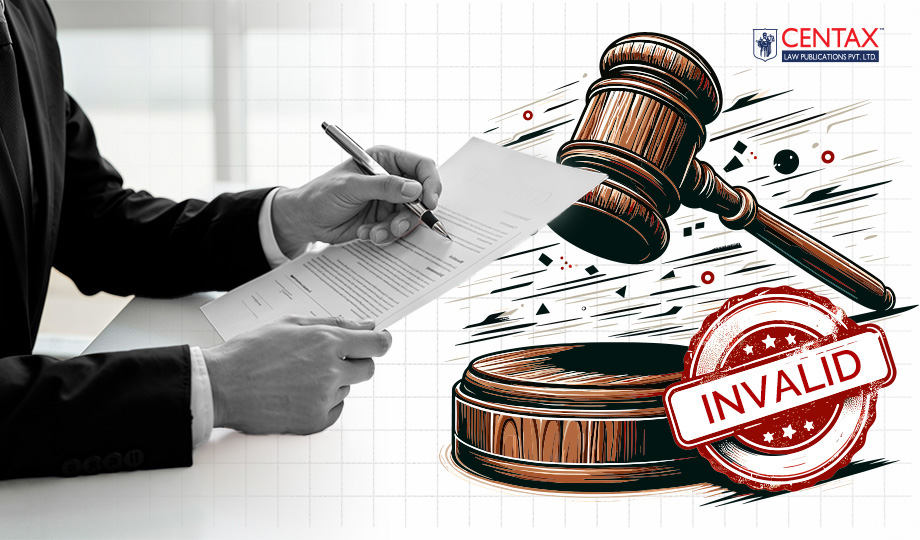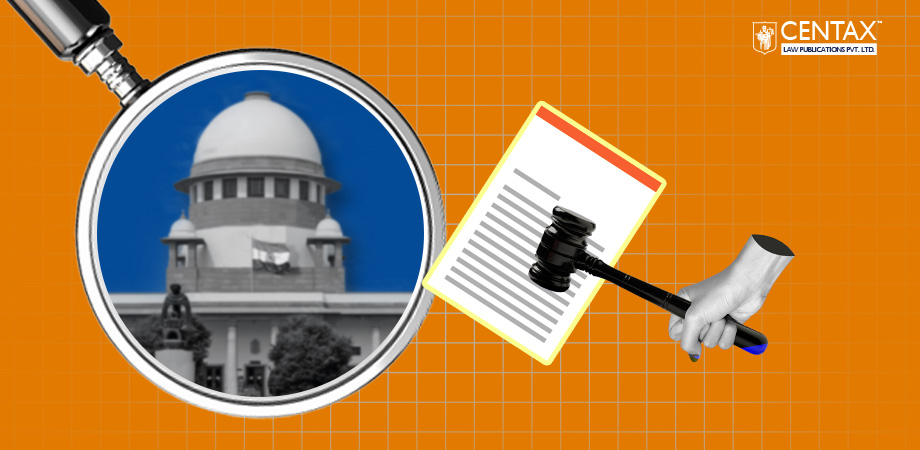
Case Details: Commissioner Central Excise and Service Tax, Ahmedabad II Versus Quippo Energy Pvt. Ltd. (2025) 27 Centax 263 (S.C.)
Judiciary and Counsel Details
- J.B. Pardiwala & R. Mahadevan, JJ.
- S/Shri Raghavendra P. Shankar, A.S.G., Gaurang Bhushan, Karan Lahiri, Advs. & Gurmeet Singh Makker, AOR, for the Petitioner.
- Ms Umang Motiyani, Ms Neha Choudhary, Ms Falguni Gupta, Shri Ayush Agarwal, Advs. & Ms Charanya Lakshmikumaran, AOR, for the Respondent.
Facts of the Case
The assessee imported Gensets classified under Tariff Item 8502 20 90 of the Customs Tariff, along with additional components such as radiators, lube oil tanks, ventilation fans, silencers, cable trays, control panels, and electrical items. These components were mounted together as a single unit on a common base and sold as containerized Gensets/Power packs. The dispute arose regarding whether this activity constituted ‘manufacture’ under the Central Excise Act, 1944, thereby attracting excise duty. The Revenue argued that the process of assembling the Gensets with other components created a new, distinct product, whereas the assessee contended that no new product with a distinct name, character, or use had emerged. The Customs, Excise & Service Tax Appellate Tribunal (CESTAT) ruled in favour of the assessee, holding that while the activity amounted to manufacture, the extended period of limitation was not applicable as there was no suppression of facts. The Revenue, dissatisfied with the CESTAT order, filed an appeal before the Supreme Court with a delay of 3213 days.
Supreme Court Held
The Hon’ble Supreme Court held that the activity undertaken by the assessee—mounting imported Gensets with other components such as radiators, lube oil tanks, ventilation fans, silencers, cable trays, control panels, and electrical items on a common base—constituted ‘manufacture’ under the Central Excise Act, 1944, thereby making the goods dutiable under Tariff Item 8502 20 90. However, the Court ruled that the extended period of limitation was not applicable as there was no suppression of facts by the assessee. The penalty imposed was set aside, and the assessee was allowed to avail Cenvat credit while computing the demand. Further, the Supreme Court dismissed the Revenue’s appeal due to an inordinate delay of 3213 days in filing, which was not satisfactorily explained. The Court stated that it found no reason to interfere with the CESTAT’s order. The question of law, if any, was left open.
List of Cases Reviewed
- Quippo Energy Pvt. Ltd. v. Commissioner — 2016 (331) E.L.T. 617 (Tribunal) — Affirmed [Para 2]











